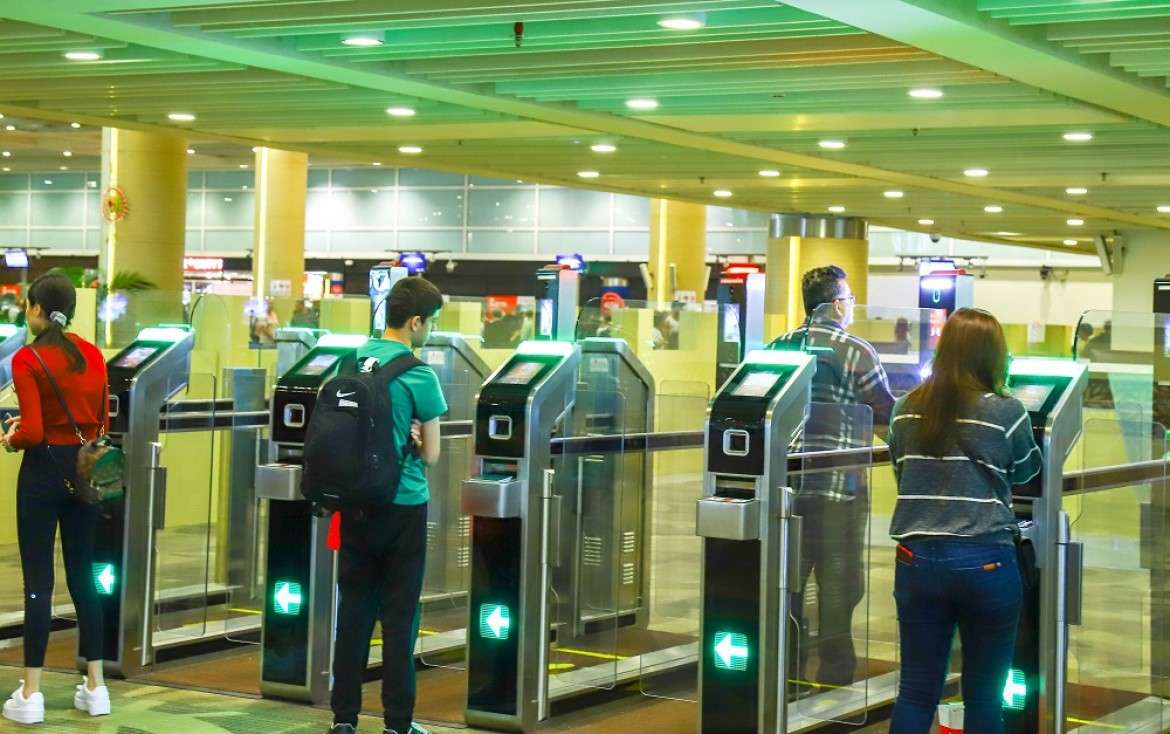Indonesia’s recent implementation of smart e-gates at airports nationwide, including Bali’s Ngurah Rai International Airport, aimed to streamline customs processes. However, a glitch in the e-visa system has led to a series of cyber breaches, exposing the sensitive personal information of several Australian tourists travelling to Bali.
As reported by Liputan 6, immigration officials admitted that this e-visa glitch, resulting in the leakage of foreign tourists’ personal data, has been occurring for some time. Immigration authorities are “aware” of this major data breach and are reportedly working to rectify the issue.
According to ABC, as quoted by news.com.au on Monday (14/10/2024), three Australians travelling separately to Bali were caught in the incident, where personal information of foreigners appeared on their phones when they scanned the QR code on their visa documents.

“I could see the visa data of two other Australians, and perhaps they could see my personal data too,” said Melbourne tourist Lauren Levin. “When I spoke to an immigration officer at the airport (in Bali), he said this has been going on for some time and ‘everyone is affected, not just me.'”
In a separate instance, according to ABC, Levin’s cousin’s e-visa document from a trip two months prior displayed the personal details of a man travelling to Bali from India.
Another Australian national travelling to Bali allegedly saw the details of two Chinese tourists on his document, including their passport photos.
In response to these complaints, the Indonesian Immigration Department in Jakarta is addressing the case and stated that they are in the process of fixing the anomaly within the system.
“We are aware of this issue, but we have tens of thousands of Visa on Arrival applications every day,” a spokesperson from the department told ABC.
This incident raises concerns about the security and privacy of tourists’ personal data within Indonesia’s e-visa system. While authorities are working to resolve the issue, it highlights the potential vulnerabilities of digital immigration systems and the importance of robust data protection measures.

































